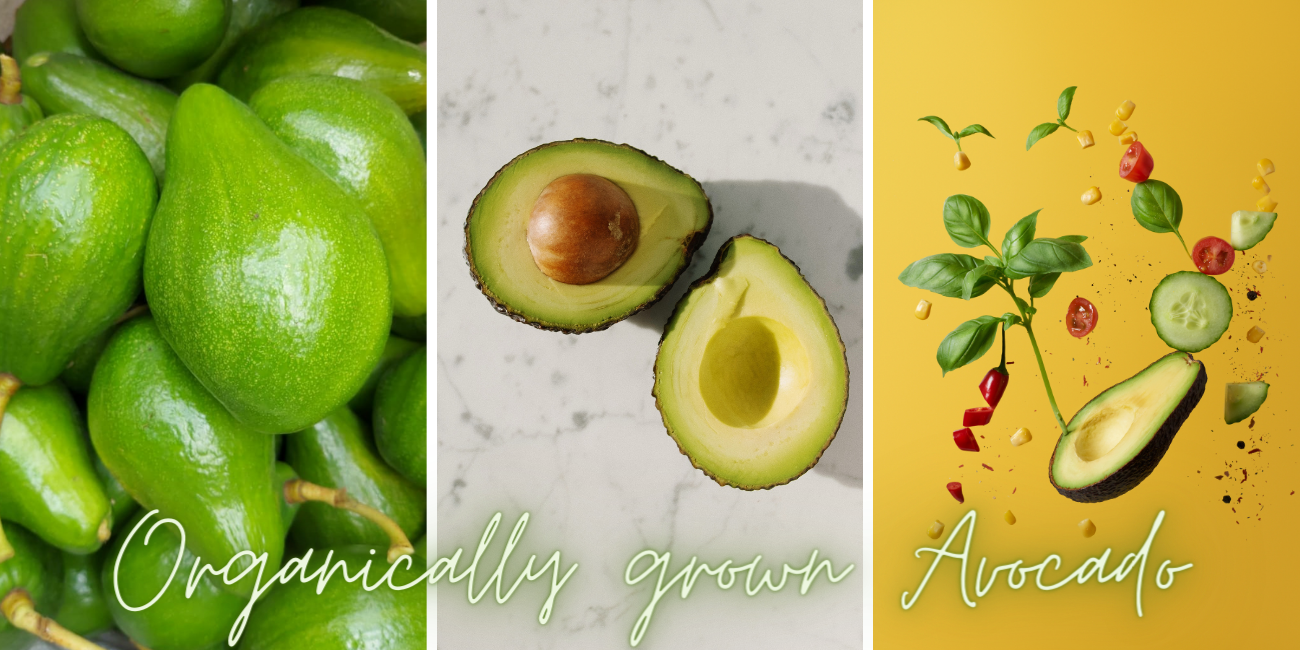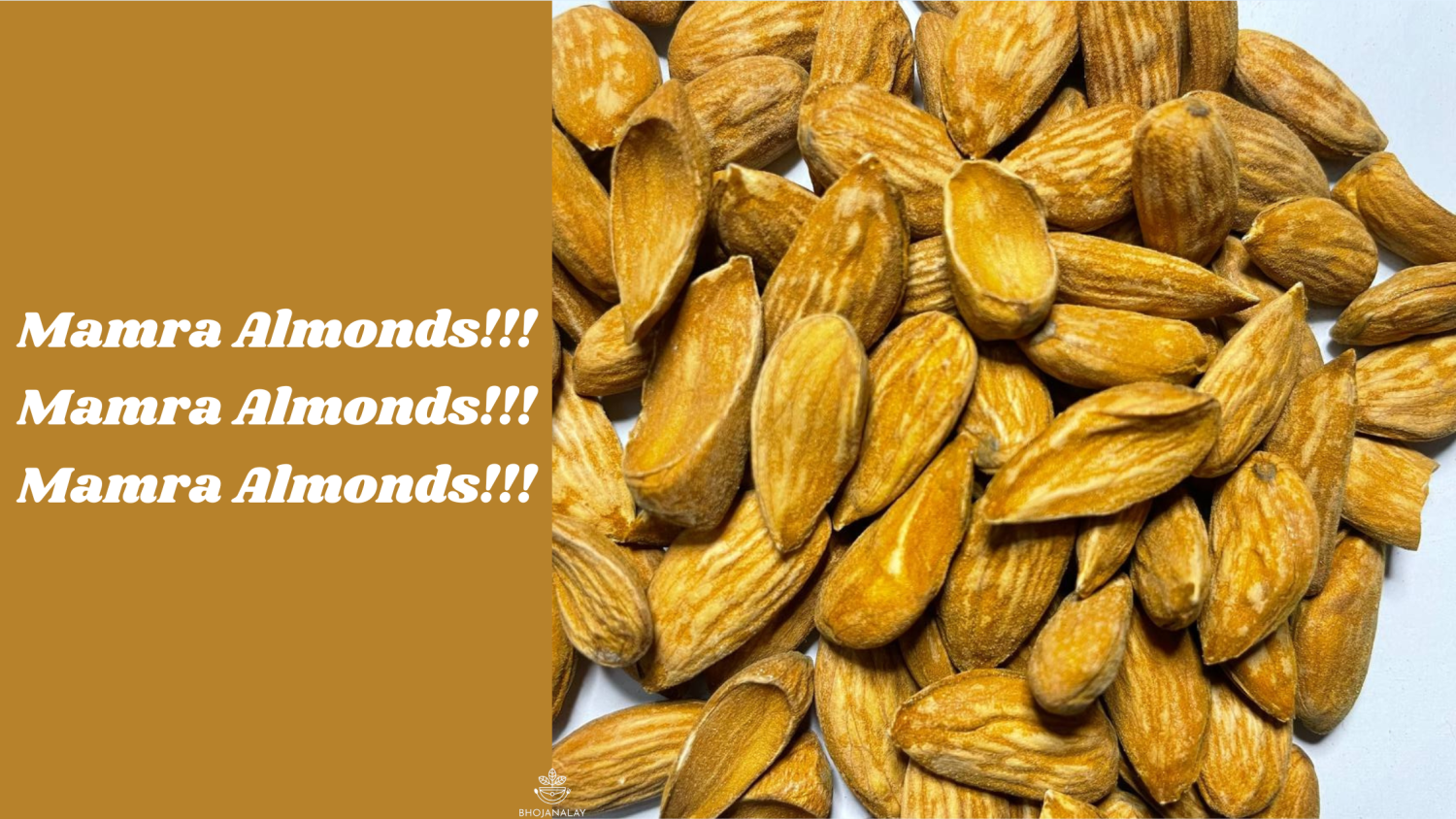Blogs

Why Organically Grown Avocados are the Best Choice for You and the Environment
Discover why organically grown avocados are the best choice for you and the environment. Our blog post explores the benefits of buying organic avocados, including better taste and texture, higher nutrient content, and supporting small-scale farmers. At our site, we're committed to providing the highest-quality organic avocados available. Visit us today and taste the difference!

Kalonji: The Ancient Medicinal Seed with Powerful Health Benefits
In this blog post, we explore the numerous health benefits of Kalonji, an ancient medicinal seed also known as Nigella sativa or black seed. This powerful seed has anti-inflammatory and antioxidant properties that can help with digestion, boost the immune system, improve skin and respiratory health, and even regulate blood sugar levels. We also offer high-quality Kalonji products on our marketplace to help you experience these benefits for yourself.

10 Amazing Health Benefits of Kashmiri Walnuts: From Heart Health to Anti-Inflammatory Properties
Kashmiri walnuts are packed with health benefits, including being rich in antioxidants, heart-healthy omega-3s, brain-boosting properties, anti-inflammatory compounds, and cancer-fighting potential. They also promote weight management, good for skin, hair, bones, and digestion. In this article, we will be discussing the 10 amazing health benefits of Kashmiri walnuts.

Organic Mamra Almonds: The Ultimate Guide to Their Health Benefits, Nutrition and Incorporation in Your Diet
Organic Mamra almonds are a highly nutritious variety of almond known for their unique taste and texture. They are grown using natural and sustainable farming practices, making them an excellent choice for people looking for healthy, organic food options. This article highlights the various benefits of organic Mamra almonds, such as being a great source of protein, healthy fats, fiber, and vitamins and minerals. They are also rich in antioxidants, which are beneficial for heart health, weight management, and skin health. Incorporating organic Mamra almonds into your diet can have numerous health benefits.

Uncover the Healing Power of Honey: From Fighting Bacteria to Improving Skin Health
Honey is a natural sweetener that offers a wide range of health benefits, including its antibacterial, antioxidant, anti-inflammatory, and wound-healing properties. It can help fight off a wide range of bacteria, protect the body against damage from free radicals, reduce inflammation, boost energy, soothe sore throats and suppress coughs, promote wound healing, improve skin health, and have a wide range of culinary uses. Additionally, it is a great alternative to processed sugar and artificial sweeteners.

10 Reasons Why Jaggery Powder is Good for Your Health
Jaggery powder, also known as unrefined cane sugar, is a natural sweetener that is rich in vitamins, minerals, antioxidants, and anti-inflammatory properties. It is considered to be a healthier alternative to refined white sugar. Regular consumption of jaggery powder in a moderate amount can help to lower cholesterol levels, improve respiratory health, blood purification, bone health, increase energy and stamina, and aid in weight management. However, it should be consumed in moderation, as it is still high in calories and can contribute to weight gain if consumed in large amounts. Consult your doctor before making any changes to your diet.

Why a Plant-Based Diet is the Best Choice for Your Health, the Environment, and Animals
This article discusses the many benefits of vegan and vegetarian diets, including improved health, environmental sustainability, and ethical considerations. It explains that these plant-based diets are rich in nutrients and may help to reduce the risk of certain health conditions. The article also discusses the environmental impacts of animal agriculture and the ethical concerns surrounding factory farming. It notes that while vegan and vegetarian diets can be healthy and nutritionally adequate, it is important to plan these diets carefully to ensure that all nutrient needs are met.

Reducing Food Waste: Simple Ways to Protect the Environment and Save Resources
In this article, we explore the environmental and economic impacts of food waste and discuss ways that individuals can help to reduce waste. We provide tips on meal planning, shopping efficiently, and storing and using up leftover food. We also examine the meaning of "use by" and "best by" dates on food labels and explain how they can be used to reduce waste. This article provides an overview of the many ways in which individuals can help to reduce food waste and protect the environment.

The Benefits of Eating Seasonally: Fresher, More Flavorful Produce and a Smaller Carbon Footprint
In this article, we examine the benefits of eating seasonally. We discuss how choosing foods that are grown and harvested during their peak season can provide fresher, more flavorful produce and support local farmers and producers. We also explore the environmental benefits of eating seasonally and how it can result in a smaller carbon footprint. We provide tips on how to incorporate seasonal foods into your diet and the role they can play in a healthy, balanced diet. This article provides an overview of the many benefits of eating seasonally.

The Benefits of Eating Locally: Supporting Your Community and the Environment
In this article, we explore the benefits of eating locally. We discuss how choosing foods that are grown or produced in the same area where you live can support your local community and economy, reduce your carbon footprint, and provide fresher, healthier options. We also provide tips on how to incorporate local foods into your diet and the role they can play in a healthy, balanced diet. This article provides an overview of the many benefits of eating locally.

Superfoods: The Nutrient-Rich Foods with Strong Health Benefits
In this article, we examine the concept of "superfoods" and some examples of these nutrient-rich foods. We discuss the potential health benefits of kale, quinoa, blueberries, and chia seeds and how they may support various aspects of health. We also highlight the importance of eating a varied and balanced diet and explain that no single food can provide all the nutrients we need for good health. This article provides an overview of superfoods and the potential benefits they offer.

The Health and Environmental Benefits of Plant-Based Diets: A Comprehensive Guide
In this article, we explore the health and environmental benefits of plant-based diets. We discuss how these diets, which are based on foods from plants rather than animals, can be rich in fiber, vitamins, minerals, and antioxidants and how they can help protect against chronic diseases such as heart disease and cancer. We also examine how plant-based diets can be more environmentally friendly and have a lower carbon footprint than diets that include animal products. This article provides a comprehensive overview of plant-based diets and the many benefits they offer.
